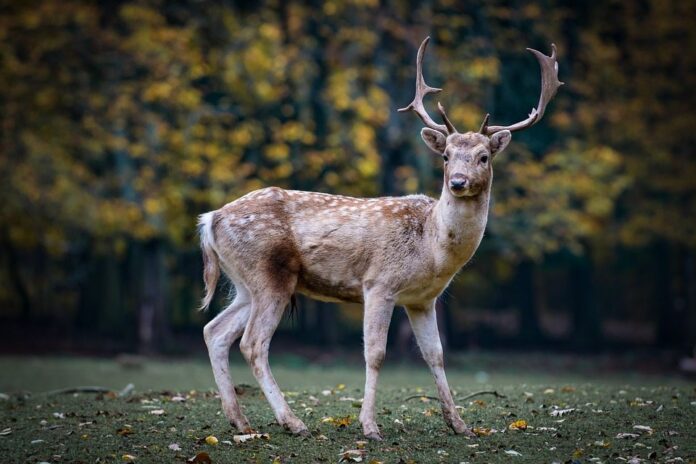The B.C. government has found another case of chronic wasting disease (CWD) in a white-tailed deer south of Cranbrook.
Provincial officials say this is the fourth case confirmed in B.C., all of which were found in a similar area.
“The first two cases in B.C. were confirmed by the Canadian Food Inspection Agency in January 2024. The third was confirmed in November 2024,” said the B.C. government.
“These cases included a hunter-harvested mule deer and two white-tailed deer, one of which was killed in a road accident and the other was harvested by a hunter.”
The most recent case was confirmed on Friday, November 29 by the Canadian Food Inspection Agency.
CWD is an infectious and fatal prion illness that affects the cervid family, such as deer, elk, moose and caribou.
“There is no direct evidence that the disease can be transmitted to humans and there have been no reports of cases of disease in humans. However, to prevent the potential risk of illness, Health Canada recommends that people do not eat the meat of an infected animal,” said the B.C. government.
“Cooking temperatures cannot destroy the abnormal protein that causes chronic wasting disease if an animal is infected.”
The B.C. government says they are working with First Nations, stakeholders, experts, hunters and other partners to monitor and mitigate CWD.
So far, over 3,000 samples have been collected from the Kootenay area, with only four confirmed cases. The province says the evidence suggests a low prevalence of the disease.
“The current situation affords an opportunity to efficiently contain the disease in this area. The Province is gathering data to help guide decisions and reduce the risk of the disease spreading,” said the B.C. government.
“These measures are supported by First Nations, stakeholders and the broader hunting community.”
Provincial Wildlife Health Biologist Cait Nelson says hunters play a vital role in monitoring for the disease.
“We’ve learned from experience that hunting is our most important tool for collecting samples and understanding what’s going on on the landscape,” said Nelson.
“They’re contributing to management as well. Hunting in these areas is helping to control CWD by removing infected animals.”
Restrictions are still in place in hunting zones surrounding the initial discovery location, including mandatory testing.
These regulations apply to Management Units 4-1 to 4-8 and 4-20 to 4-25, which includes areas east of Trail, south of Nelson, the Creston Valley, and most of the East Kootenay.
Carcasses may be transported outside of those areas as long as all spinal & neck bone/material is removed.
“If someone harvests a deer, elk or moose within the CWD management zone, they cannot leave the area with any part of the brain tissue or spinal column – that includes the spinal cord and vertebrae,” said Provincial Wildlife Health Biologist Cait Nelson.
“We’re encouraging hunters to leave as much of the animal as possible at the location where that animal was harvested. That helps limit the spread to a new area.”
Spotting an infected animal may be challenging, as symptoms could take years to develop, but if you see a deer, elk, moose or caribou exhibiting symptoms such as weight loss, drooling, poor coordination, stumbling, or generally sick, report it to the RAPP line at 1 877 952-7277 or the B.C. Wildlife Health Program.
Something going on in your part of the Kootenays you think people should know about? Send us a news tip by emailing [email protected].





